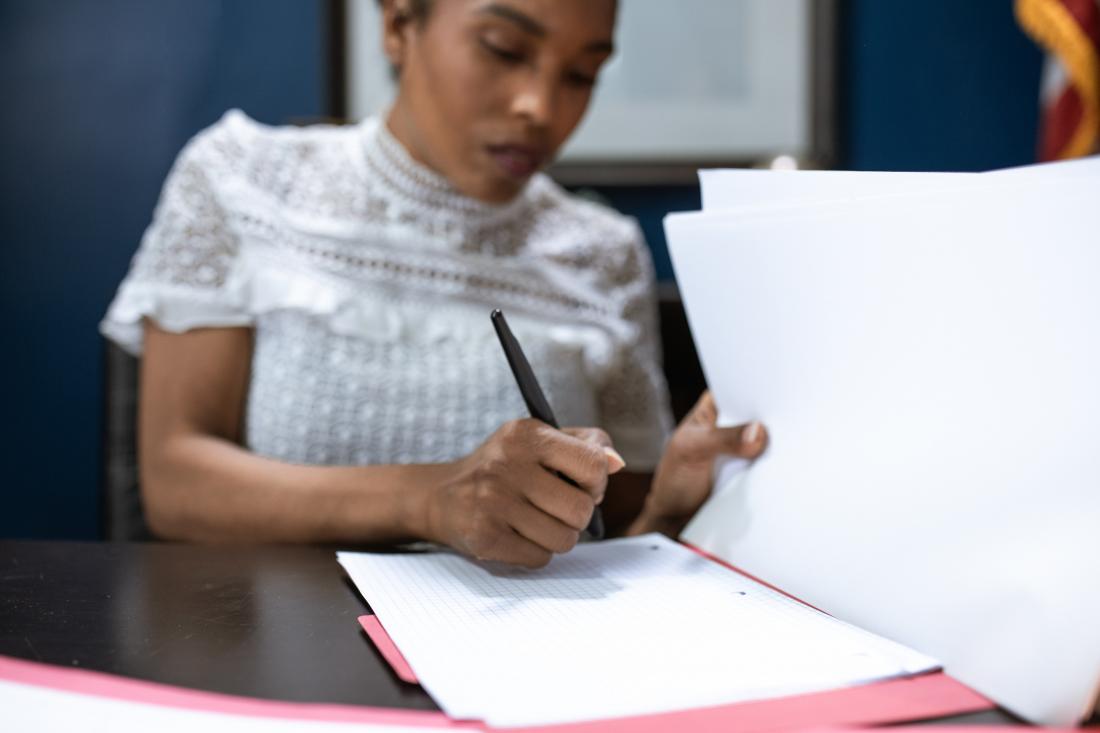
A deed is a document which requires more than a simple signature to be validly executed. They are used for a range of matters, such as transferring ownership when buying and selling a house. Therefore, it is likely that you will sign a deed at some point in your life and it is important that the document is validly executed and your signature is correctly witnessed.
The law requires that each person must sign in the presence of a witness who attests the signature. The witness must sign the deed and ensure that their name and address are legible. The same witness can attest each individual signature, but they must be done separately.
A party to the deed cannot be a witness but there is no legal requirement for the witness to be independent or disinterested so there is nothing stopping your spouse or civil partner from acting as a witness. However, the basic purpose of requiring the party’s signature to be witnessed is to provide unbiased evidence of who signed what, and when they signed it in case there is any dispute. Therefore, if your spouse acts as your witness, it is likely that their neutrality will be called into question, which may harm your case.
Similarly, there is nothing stopping a minor from acting as a witness, but this would also be problematic as it may not be possible to show that they had sufficient maturity and understanding for their evidence to be reliable.
Ultimately, although it is possible for anyone who is not a party to the deed to act as a witness, it is strongly advised that they are independent and over the age of 18.
For more information on signing and executing deeds, contact a member of our property team on 01494 521301.